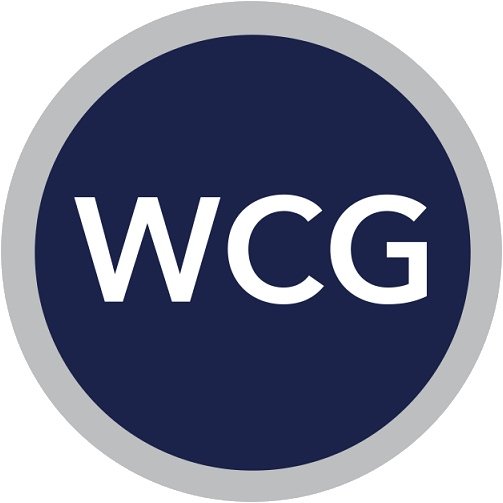How Important is Body Language in An Interview?
How Important is Body Language in an Interview
Imagine you are at an interview and are sitting in a very comfortable office chair across from your interviewer.
You are probably imagining what the interviewer and the room look like. Forget about them. Imagine what YOU are doing in this scenario.
Are you shifting your weight in your chair? How is your posture? What are your hands doing? Where are your eyes looking?
Your body is always communicating to others but how important is body language in an interview? At home, at work, at the grocery store. The way you stand, your posture, your facial expressions, eye contact (or lack thereof), and personal “quirks” are all speaking something to those around you. Not with verbal words, but with body language.
If you’ve never thought about these things as they pertain to the job search, now is a great time to start. Your body language says just as much, if not more about yourself and your interest in a position than your words.
Posture
How you sit speaks loudly about your current mood and thoughts. Look down and observe how you are sitting right now. Are you laying on the couch with your laptop (casual)? Are you reading this on your phone while you pace the floor at the doctor’s office(impatient)? Are you sitting at your desk with your feet flat on the floor and back straight (productive)? Are you slouching (discouraged)?
Several years ago, I was interviewing a young woman who was sitting with one arm draped over the chair beside her and her legs spread widely - like a baseball player sitting on the bench. She was also chewing gum. I remember this particular interview well because her body language suggested she was not taking the interview very seriously and didn’t care one iota about what I thought of her.
Another interviewee’s brow was furrowed and his arms were crossed across his chest the entire duration of our time together. He didn’t seem happy to be at the interview, and exuded an arrogant demeanor by his stance.
Over the next several days, notice what your body is saying in different circumstances, personally and professionally. Ask the person you are with about what your body language is suggesting your mood or thoughts are. You might be surprised at how clearly your body language speaks!
Eye Contact
You should always look your interviewer directly in the eyes. It can be uncomfortable if you aren’t used to doing it. Practice looking directly at your own eyes in a mirror to adjust to the new habit. Try to match a pleasant facial expression with your eye contact. Once you feel you are ready, try practicing with others. When you are checking out at the grocery store, look the clerk in the eyes as you interact. You can practice this skill every time you speak with someone, making it a quick habit to strengthen.
During yet another interview I was conducting, one particular woman checked her watch every five minutes and kept looking behind me at the door. I cut the interview short as it was crystal clear that she was anxious to be done with our time together.
Put yourself in the interviewer’s shoes, by thinking of a real-world example. Have you ever been talking with a colleague or friend and he or she never looks at your eyes, but instead looks at their computer or phone? In that moment, their eyes told you that whatever was on that screen was more important to them than you and what you had to say. Eye contact reveals distraction and priority, and that’s especially true in an interview setting.
You can see how body language and eye contact are important. Don’t dismiss the powerful language your body and eyes speak. Pay attention in every aspect of your life and you might be surprised to find you are often sending messages that you thought you were keeping internally.

